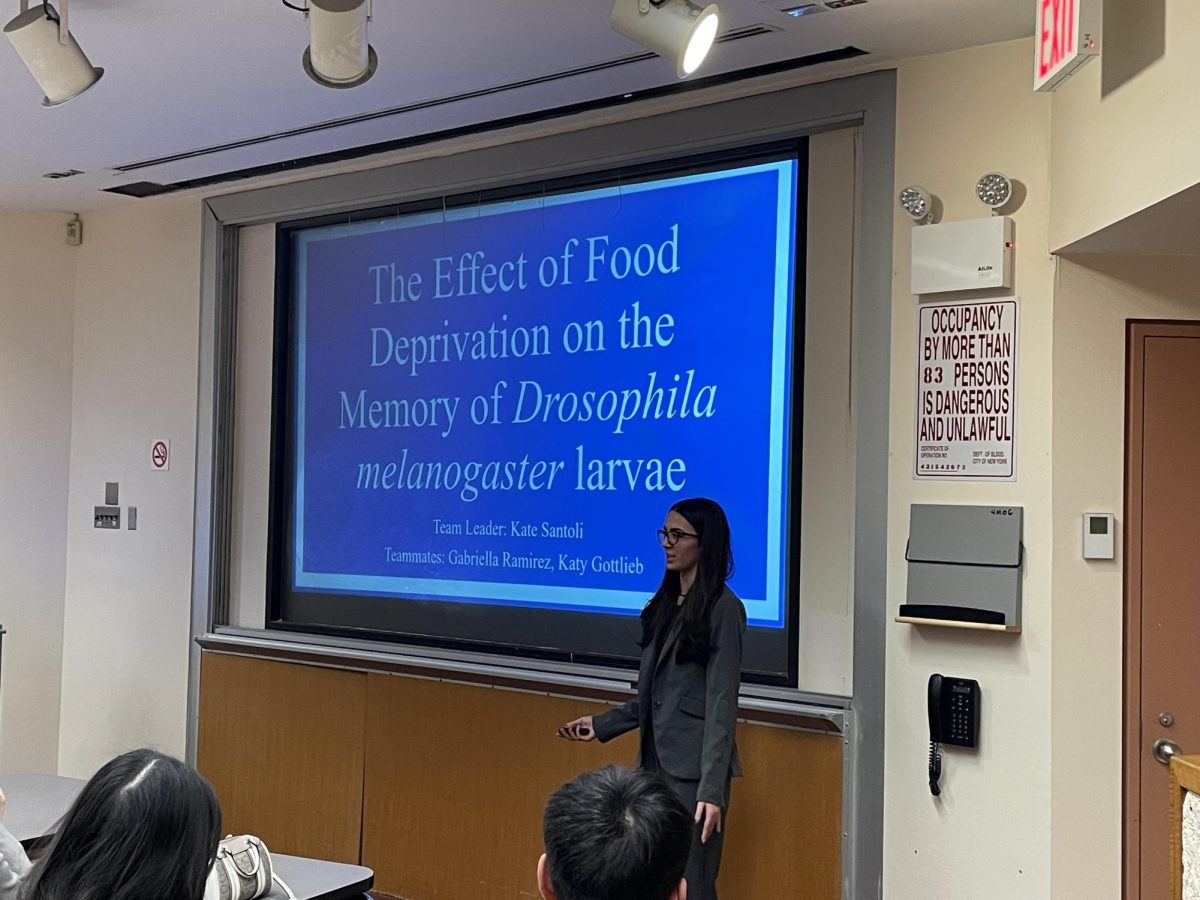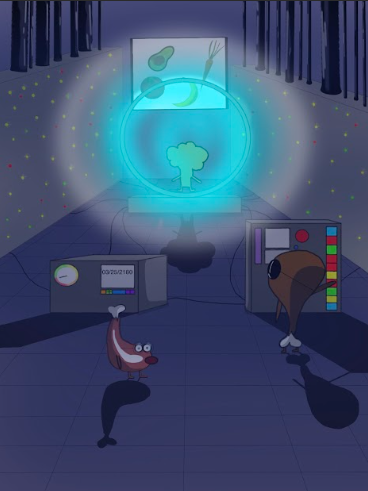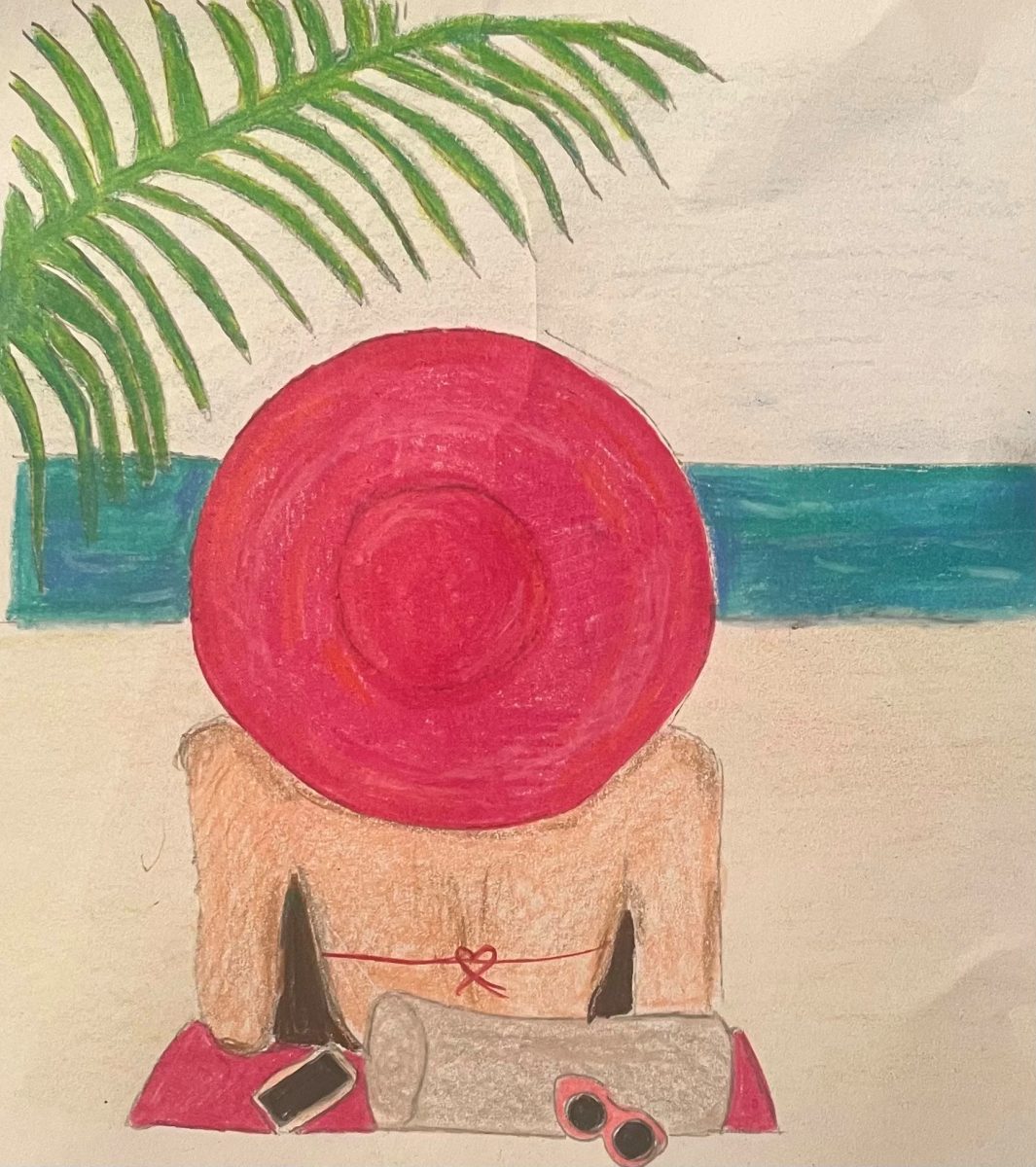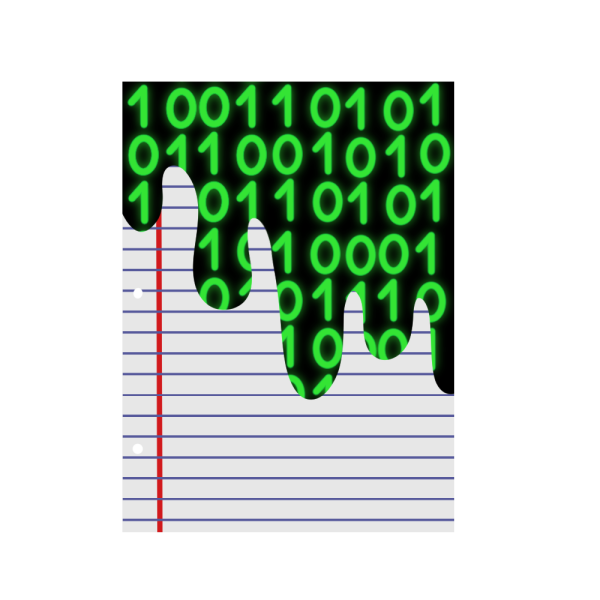Why Is It So Difficult to Get Rid of Bad Habits, and Form Good Ones?
With January already behind us, many students are beginning to question whether we have truly held on to our New Year’s resolutions – like reading more, eating healthier, or perhaps even stressing less. “Three good habits I have are waking up at the same time every weekday, showering every morning, and eating a healthy breakfast. However, I still have bad habits, such as procrastination and biting my nails,” said Paula Rojas-Young, a freshman. The entire idea of a New Year’s resolution is an effort to make a perceived positive action become habitual. However, as we try to put this into practice, we begin to realize that it is quite difficult to execute new, good habits, and that it is also difficult to break bad ones. “We can lose track of our goals and routines by sometimes letting our habits get the best of us, or even just overthinking…the road it takes to get there,” commented Erika Padilla, a junior who takes psychology at LHS. But these predicaments are normal, and there are scientific reasons for them.
Habits shape everyday life; they are interwoven into our routines and even our conversations. Some individuals fidget or bite their nails; these are most often minor, nervous habits. However, we also have larger habits sewn into our routines, like making exercise a regular priority, or reading often. “[Unhealthy habits are formed the] same way as healthy habits, by doing them continually. Eating unhealthily leads to unhealthy habits, and we do them because they’re easy. But good and bad habits form in the same way,” said John Cornicello, a social studies and psychology teacher. This constant repetition of behavior, whether it is good or bad, is what makes it stick. In an article written by Judson Brewer, a psychiatrist and neuroscientist for Psychology Today (psychologytoday.com) entitled “The Science Behind Bad Habits and How to Break Them,” this concept of habit formation is explored. In the article, Brewer says, “These three components (trigger, behavior, and reward) show up every time we smoke a cigarette, eat a cupcake, or check our newsfeed when we’re stressed, each time we reach out for something to soothe ourselves, to the point where it becomes automatic.” Good habits aid in the improvement of health and self-edification, but unhealthy habits are often ways we soothe our minds, and, more specifically, our worries. “One bad habit I have would be the biting of my nails; I do it every time I’m nervous. I think it would be good to try and stop doing it,” said Madison Watson, a freshman.
Stopping bad habits can be done, and often it is important to do so. “[Identify] that it’s an unhealthy habit before it becomes a habit,” said Cornicello. In a study done in 2009, entitled “How Habits are Formed: Modelling habit formation in the real world”, published in the European Journal of Psychology, 96 adults who wanted to alter a specific behavior were observed. One person formed a new habit in only 18 days, but many others needed more time. It took an average of 66 days for an action to begin to become automatic, according to the results. The study concluded that it can thus take anywhere from 18 to 254 days to form a new habit; it often simply depends on how grave the habit one wishes to alter is. Additionally, one cannot simply decide to change a habit. In fact, willpower is finite, and, therefore, setting up external structures that will aid in continuing your goals after your willpower runs out can be beneficial. For example, if you would like not to stay up late, do not just rely on your internal judgement; consider setting up a sleep timer. This similarly applies to forming good habits, which are equally as important.
Habits will continue to shape our daily lives through the way that we operate because of how deeply they are embedded within our reward mechanisms. Altering ingrained behaviors can be especially difficult, but the drive to change detrimental habits or perhaps transform them into positive ones is something that can be extremely beneficial in the long run.











































